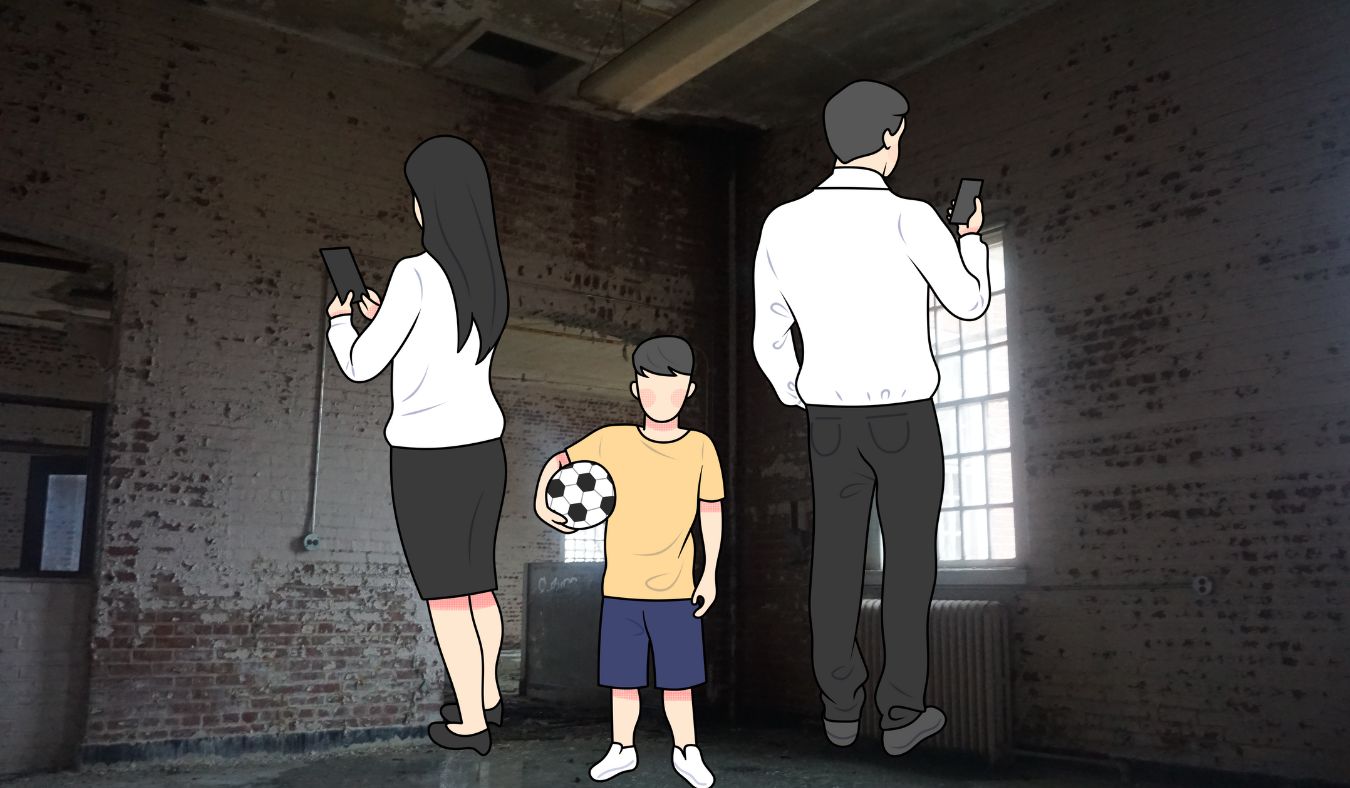 The story of Reuben, the eldest son of Jacob, is a profound narrative filled with lessons and historical reflections within the biblical text. Often, understanding the life and outcomes of such characters can enrich our comprehension of the scripture’s broader messages. In this discussion, we will explore how Reuben’s life unfolded, his significant actions, and their consequences, alongside guiding you on how to approach reading the Bible for a cohesive understanding of its teachings.
The story of Reuben, the eldest son of Jacob, is a profound narrative filled with lessons and historical reflections within the biblical text. Often, understanding the life and outcomes of such characters can enrich our comprehension of the scripture’s broader messages. In this discussion, we will explore how Reuben’s life unfolded, his significant actions, and their consequences, alongside guiding you on how to approach reading the Bible for a cohesive understanding of its teachings.
Who Was Reuben in the Bible?
Reuben was the firstborn of Jacob and Leah, making him a prominent figure in the tribes of Israel. His birthright as the eldest son granted him certain privileges and responsibilities, which were later impacted by his decisions and actions.
What Happened to Reuben in the Bible?
Despite his status, Reuben’s life took a turbulent turn due to a serious misstep. He slept with Bilhah, his father’s concubine, an act considered a grave sin at the time. This incident is briefly mentioned in Genesis 35:22 and later addressed during Jacob’s final blessings in Genesis 49, where the consequences of Reuben’s actions are made clear.
What Was the Punishment of Reuben in the Bible?
Jacob’s blessing in Genesis 49:3-4 stripped Reuben of his privileges as the firstborn due to his impulsive and unstable behavior. Jacob said, “Reuben, you are my firstborn, my might, and the first sign of my strength, excelling in honor, excelling in power. Turbulent as the waters, you will no longer excel, for you went up onto your father’s bed, onto my couch and defiled it.”
What Happened to Reuben When He Slept With His Father’s Wife?
Reuben’s act of sleeping with Bilhah was seen as an affront to Jacob’s authority and a significant breach of family and tribal ethics. This not only affected his standing but also reflected upon his tribe’s future.
Who Said “Let Reuben Live and Not Die”?
This plea is part of Moses’ blessing for the tribes of Israel in Deuteronomy 33:6, where Moses says, “Let Reuben live and not die, nor his men be few.” This indicates a desire for Reuben’s lineage to continue despite the previous condemnation, highlighting the themes of forgiveness and redemption.
Who Broke the Curse on Reuben?
Biblical texts do not explicitly mention a reversal of Reuben’s curse within his lifetime. However, the continuation of his lineage and their part in the heritage of Israel signify a form of redemption and survival beyond his personal failures.
Reuben’s Spiritual Meaning
Exploring Reuben’s spiritual significance helps understand the moral and ethical frameworks of his time. His story serves as a cautionary tale about the consequences of violating sacred trusts, reflecting the values and societal norms upheld by his community.
What Order Should I Read the Bible In?
To grasp the full context of Reuben’s story and its implications, it is beneficial to follow a structured approach to Bible reading:
- Start with Genesis: Understanding the foundational relationships and events that define the characters and their journeys.
- Proceed to Exodus and following books: This provides continuity to the narrative of the Israelites and how the tribes evolve.
- Incorporate a Study of the Prophets: The prophets often reference back to the patriarchs, including lessons from their lives.
- Read the New Testament for fulfillment: Seeing how Old Testament prophecies and stories find resolution in the life and teachings of Jesus Christ.
Reuben’s life story, filled with potential yet marred by significant missteps, offers a complex view of biblical characters. It reminds us of the importance of humility, the consequences of our actions, and the enduring mercy that runs through God’s dealings with humanity. As you explore the scriptures, remember to reflect on these lessons, engaging with the text in a way that encourages personal growth and deeper understanding.












